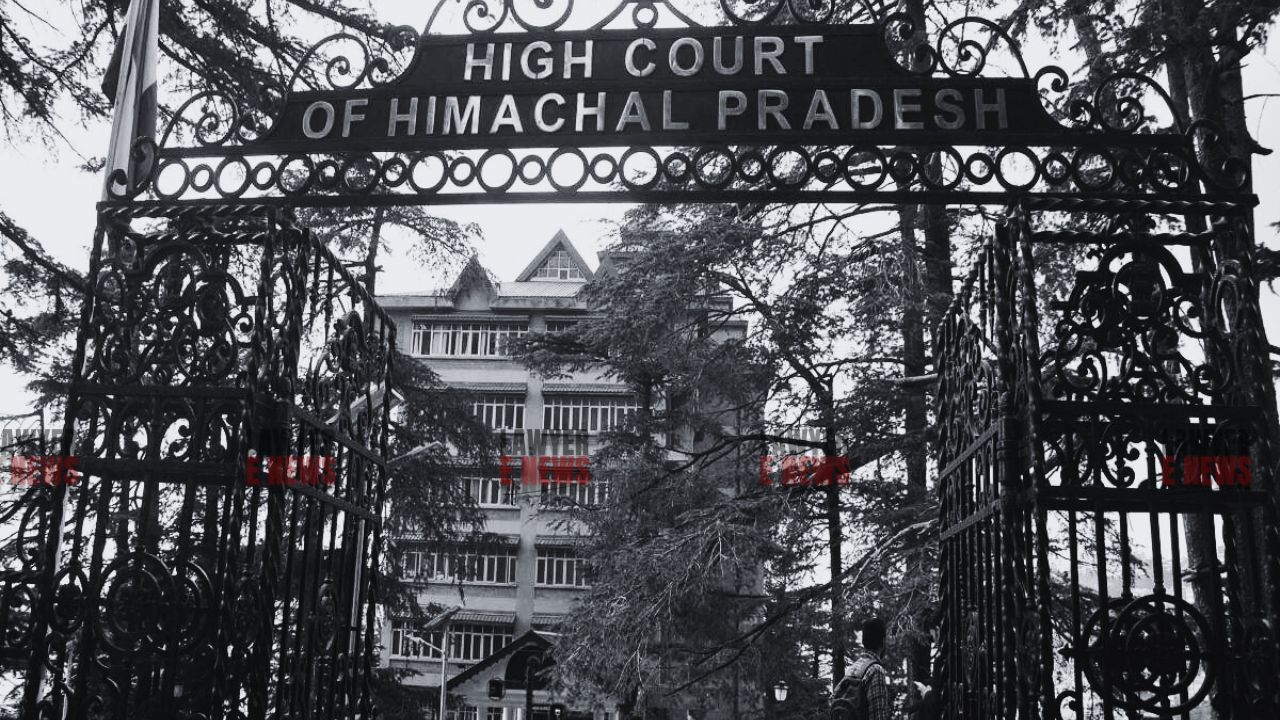-
by Admin
15 February 2026 5:35 AM



Himachal Pradesh High Court upheld the conviction of Rajesh Kumar for issuing a ₹1.5 lakh cheque that was dishonored due to insufficient funds. The court ruled that Rajesh Kumar failed to rebut the statutory presumption under Section 139 of the Negotiable Instruments Act (NI Act) that the cheque was issued to discharge a legally enforceable debt. The conviction and sentence imposed by the Judicial Magistrate and affirmed by the Sessions Court were upheld.
The complainant, Kanwar Negi, had sold apples worth ₹3,61,000 to the accused, Rajesh Kumar, and received ₹2,11,000 in cash. To settle the outstanding amount, the accused issued a cheque for ₹1,50,000, which was dishonored due to insufficient funds. Despite a legal notice demanding payment, no amount was paid by the accused, prompting the complainant to file a case under Section 138 of the NI Act.
The Judicial Magistrate convicted the accused, sentencing him to seven months of simple imprisonment and imposing a fine of ₹1,80,000. Rajesh Kumar’s appeal was dismissed by the Sessions Court.
The primary issue was whether the accused had successfully rebutted the presumption under Section 139 of the NI Act, which assumes that the cheque was issued for the discharge of a debt or liability. The defense claimed that the cheque was given in advance and was misused by the complainant.
However, Justice Rakesh Kainthla observed that Rajesh Kumar had admitted to signing the cheque and had not disputed his signature. The court ruled that once the signature on the cheque is admitted, the presumption under Section 139 applies, and the burden shifts to the accused to provide evidence to the contrary. The accused failed to present any defense evidence and did not disprove the complainant’s claims during cross-examination.
The court reaffirmed that the presumption under Section 139 of the NI Act is a legal presumption that can only be rebutted by substantive evidence, not mere denial. The court also noted that Rajesh Kumar had not led any defense evidence to challenge the claim that the cheque was issued for a legally enforceable debt. The court dismissed the argument that the cheque was issued as a security instrument, emphasizing that this defense was not supported by any evidence.
Furthermore, the court found that the statutory notice of demand was properly served on the accused and that the dishonor of the cheque was established through sufficient documentary evidence, including the bank memo indicating insufficient funds.
The Himachal Pradesh High Court upheld the conviction of Rajesh Kumar under Section 138 of the NI Act, confirming the sentence of seven months of simple imprisonment and a fine of ₹1,80,000. The court reinforced the principle that once the issuance of a cheque is admitted, the burden to rebut the presumption of debt or liability shifts to the accused, who must provide substantive evidence to the contrary.
Date of Decision: September 26, 2024
Kanwar Negi vs. Rajesh Kumar.
